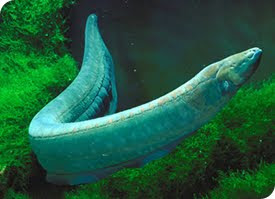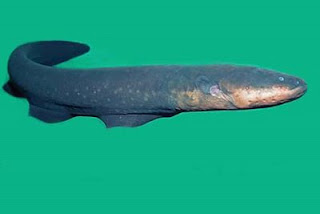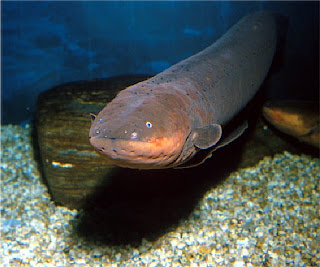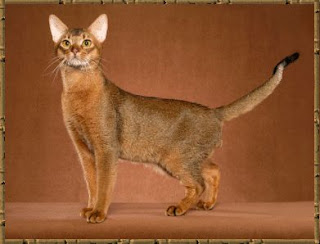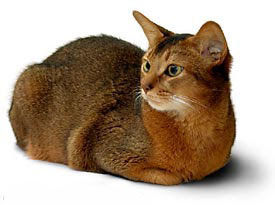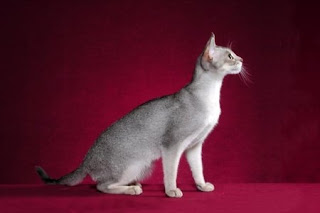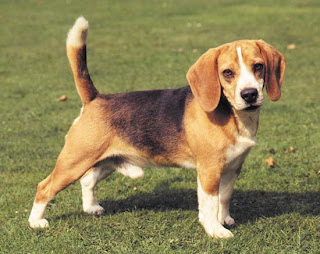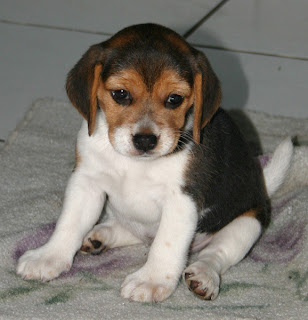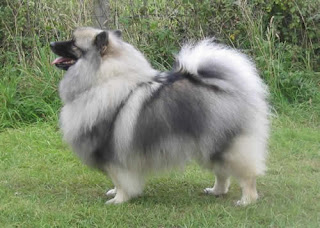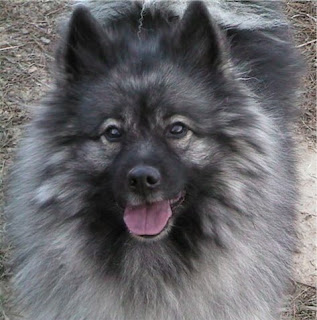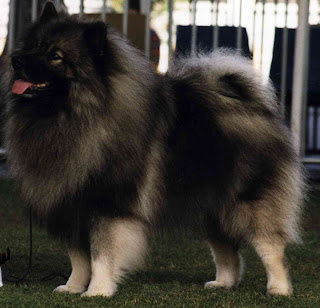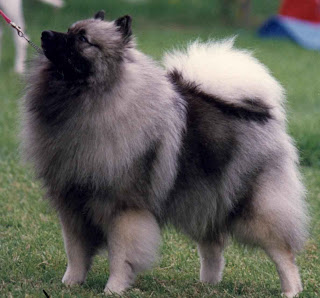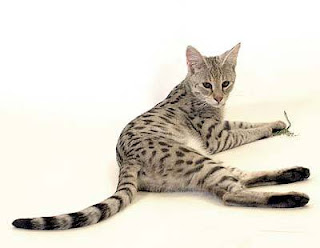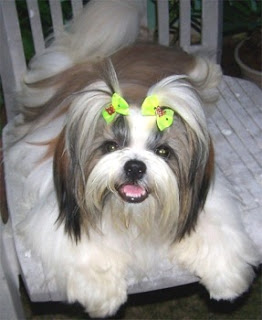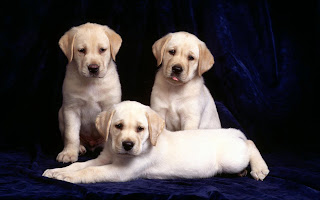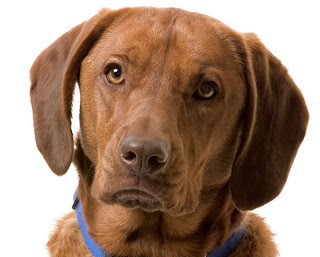- Appearance
- Temperament
- Grooming
- Health

Borzoi or Russian Wolfhound is often called hybrid Greyhound dog breeds and dog Arabic Russian long-haired shepherd. Borzoi dog is a dogs have a way a bit like a cat that has freedom of thought and independence of the natural. Borzoi keep themselves clean, they are difficult to control by their employers do not like most other dogs that make merka be difficult to train, but they have the loyalty and very friendly to people they already know well.
Borzoi dogs have fur is warm, soft, and dense to adapt in cold temperature environments. Formerly Borzoi dogs are kept for hunting wolves, foxes, and rabbits, but is now usually used as pet dogs to accompany humans. Borzoi dog has the physical appearance of the skull is small, light hair color (usually white with shades of brown-yellowish), and dark eyes. Height: Dogs at least 28 inches (71cm) Bitches at least 26 inches (66cm)
Weight: Dogs 75-105 pounds (34-48kg) Bitches 60-90 pounds (27-41kg)
Borzoi dog nature tend to be more docile and loyal to their owners than hundreds of years ago. Borzoi dog is also calm and discipline that fits into a pet at home. Borzoi can be friends with kids.
The long silky coat is easy to groom. Brush regularly with a firm bristle brush, and dry shampoo when necessary. Bathing presents a problem with such a tall dog but shouldn't be required very often. Clip the hair between the toes to keep the feet comfortable and to stop them from spreading. This breed is a seasonally heavy shedder.
Life expectancy is 7 to 10 years. Exceptional individuals have lived more than 14 years of age. Dogs that are physically fit and strong in their youth through middle age are more vigorous and healthier than older dogs, all other factors being equal. Cancer in the UK variety, followed by heart problems, appear to be the most common causes of premature death.
As with its native relative Hortaya Borzaya, the Borzoi is basically a very healthy breed. OCD, hip and elbow dysplasia have remained almost unknown, as were congenital eye and heart disease before 1970. However, in some countries today have raised some problems.
As with other very deep-chested breeds, gastric torsion most common serious health problems in the Borzoi. Also known as bloat, this life-threatening condition is believed to anatomical rather than strictly genetic in origin. Many Borzoi owners recommend feeding the dog instead of a podium place the food in container country, and to ensure that the dog rests quietly for several hours after eating, because the most reliable way to prevent bloat.
Less common are cardiac problems including cardiomyopathy and cardiac arrhythmia disorders. There is a dispute, the presence of progressive retinal atrophy in the breed. Condition retinopathy identified Borzoi is seen in some individuals, usually active dogs, which differs from progressive retinal atrophy in several ways. First, it is unilateral, and rare animals under 3 years of age, according to a clear pattern of inheritance has not been demonstrated, and, finally, most people do not become blind.
Borzoi puppies grow rapidly in the strong and elegant sprinters. Good nutrition during puppyhood is also debatable for Borzoi. These dogs naturally grow huge waves of the first year or two of their lives. It is now widely accepted that forcing even faster growth by feeding a highly concentrated, high-energy diet is dangerous for skeletal development, causing inconsistency and increased tendency to common problems and injuries. Being built primarily for speed, Borzoi do not carry large amounts of body fat or muscle, and thus have a rather different physiology to other dogs of similar size (such as Newfoundland, St. Bernard and Alaskan Malamute ). Laboratory formulated diets designed for a generic "large" or "giants" of the breed are unlikely to take the needs of large greyhounds into account.
Raw food issues may be particularly relevant to tall, slender breeds like the Borzoi. And 'interesting to note that Hortaya Borzaya, without a doubt a very close relative, is traditionally grown in the poor diet of oats and table scraps. Hortaya is also said to be intolerant of highly concentrated kibble feeds. In essence, the lean body weight in itself reason to be concerned, and the force-feeding of healthy young Borzoi is definitely not recommended.
More Borzoi Dog Photo:

appearance borzoi dog
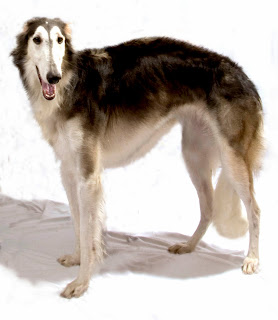
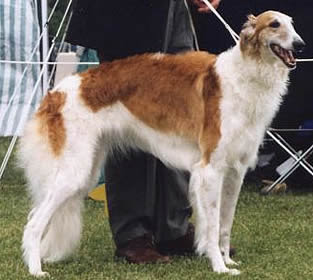
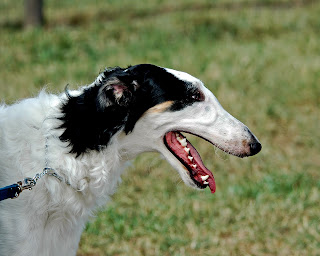
shape of the head of borzoi dog
source health of Borzoi Dog
Post Title
→Borzoi Dog
Post URL
→https://wallpaper-animel.blogspot.com/2011/06/borzoi-dog.html
Visit wallpaper animel for Daily Updated Wedding Dresses Collection


